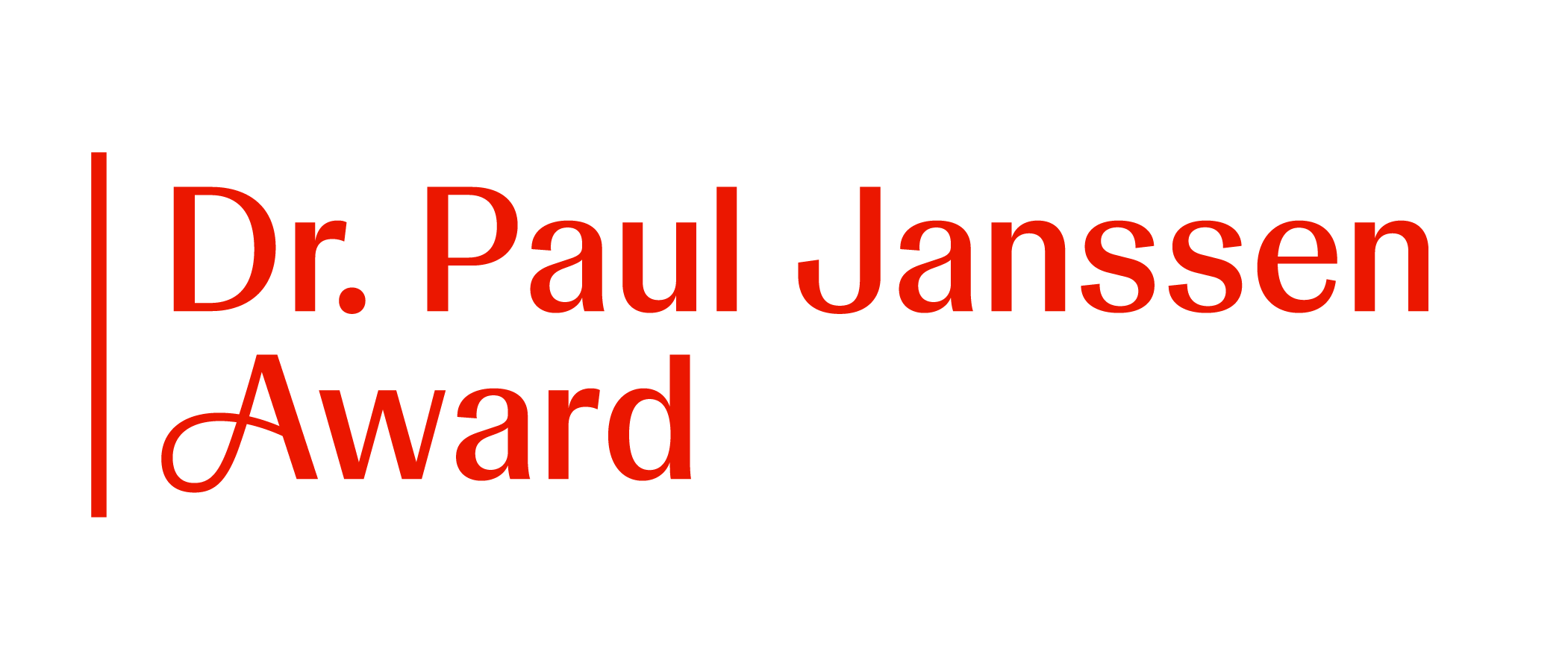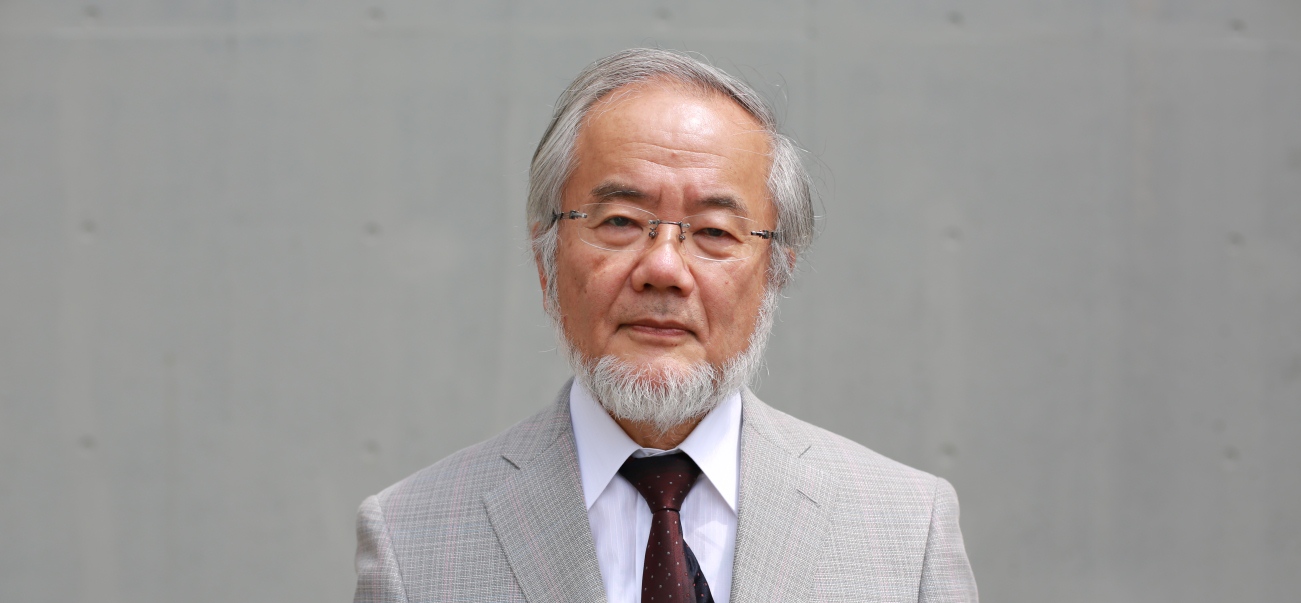The power of basic science
08/2016
Society assigns immense value to the work of professional athletes and entertainers, while scientists’ life-changing discoveries can garner little fanfare. The Dr. Paul Janssen Award for Biomedical Research, established by Johnson & Johnson to honor the legacy of its namesake scientist, recognizes these unsung heroes, who make significant, transformative contributions toward improving public health.
This year’s Dr. Paul Janssen Award winner, Yoshinori Ohsumi, PhD of the Tokyo Institute of Technology, was the first to unveil the molecular basis of autophagy (literally, self-eating) — one of the most basic functions of all living cells that promises to shed light on the causes and potential treatments for a range of diseases.
Dr. Ohsumi shares his views on autophagy, the future of the field, and the power of basic science to propel medical innovation.
When I began my undergraduate studies at the University of Tokyo, I was interested in chemistry. It was the 1960’s and the field of molecular biology was just emerging. It was such an exciting time and I was drawn to explore the molecular machinery that drives basic biological processes.
Our bodies make around 400 grams of protein every day, but we only take in from food sources about 70 or 80 grams. The difference comes from pre-existing proteins inside our bodies, which are broken down into their component parts and assembled into new proteins. This recycling process is essential for life, and autophagy is one of the main pathways for degrading proteins.
Not many people were interested in the dynamics of protein turnover in the cell. But our bodies must balance the needs of protein synthesis with the supply derived from protein degradation. I figured this process must be important, so I decided to pursue it.
I am a cell biologist, so many events that unfold within cells interest me. Although I have worked on autophagy for 27 years, I remain fascinated by it — there are so many fundamental questions yet to be answered, even in model organisms like yeast. That information is essential to understand how defects in autophagy can contribute to major human diseases, such as neurodegeneration, cancer, and infection.
I am incredibly honored. When I first began studying autophagy, I never thought it would become such a big and important field. I am very pleased and also thankful for the recognition of the role that basic science plays in driving medical innovation.
Scientists across the world face enormous pressure and competition for stable funding. Young scientists in particular may choose to work only in popular fields, thinking that path will be less risky and more likely to advance their careers. But to keep the wheels of biomedical progress turning, we must open entirely new fields of research — and attract young scientists to push them forward.

